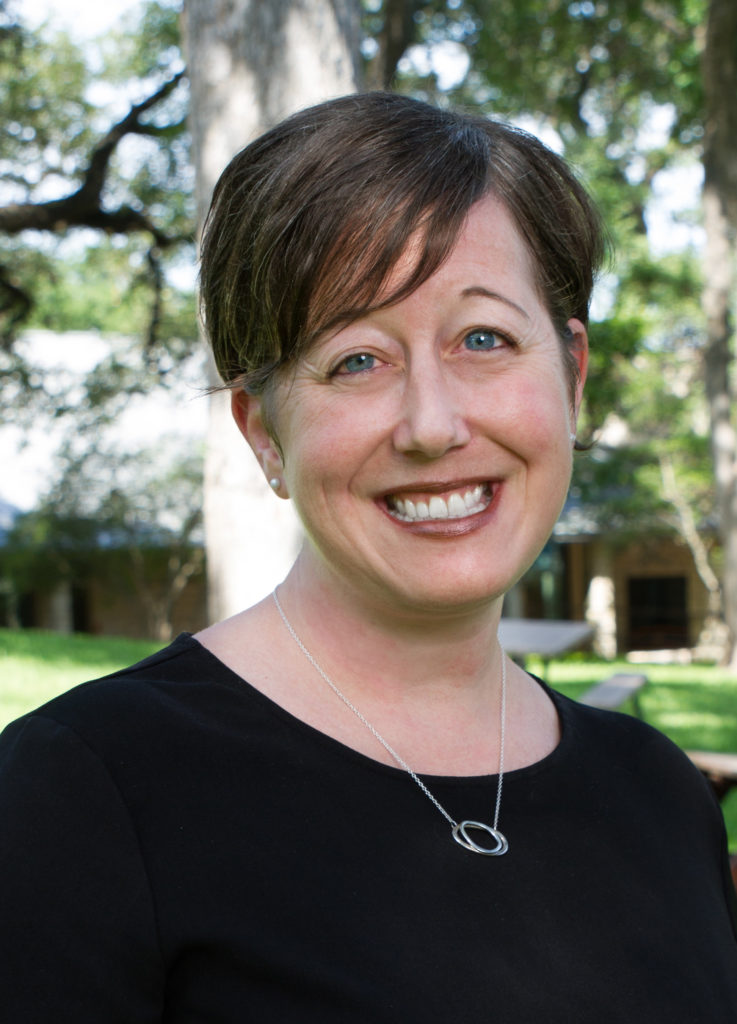Most of students are drawn to our program here at the Seminary of the Southwest because they value the integration of spirituality with counseling.
While we’re an Episcopal seminary, we attract students from a wide variety of religious and/or spiritual traditions. Some of our more conservative students are from churches who have not been traditionally LGBT affirming. These students will often ask me during admissions, “Will I serve gay clients in practicum and internship?”
Conservative Church Teachings
Students asking me this question are often concerned they won’t feel equipped to serve gay clients adequately. This could be for multiple of reasons. Many conservative Christians have few, if any, close personal relationships with LGBT individuals. They may worry about a lack of experience in this area.
Also, some churches teach that homosexuality is akin to a sexual addiction, and encourage gay members to remain celibate or go to counseling to “recover” from their same-gender love and attraction. Students from these traditions may feel conflicted about doing positive work with LGBT clients.
Counseling Research
The counseling field used to view homosexuality in a similar way to the conservative church — like an addiction. However, in recent decades, the field of counseling shifted that position. This was because research studies consistently confirmed two findings: 1) efforts to change or “recover” from being gay are not effective, and 2) supported, committed, loving same-gender couples and families are as happy, healthy, and well-adjusted as couples of opposite gender.
These findings were so prevalent, sound, and compelling that the mental health profession reversed its conclusions about same-gender love and marriage.
Same-Gender Love and the Bible
While psychology research may be a helpful source of information about human health, for Christian value Biblical wisdom. In light of verses that mention “homosexual immorality”, it may seem natural to put same-gender marriage in the “immorality” category, rather than the “love” category. However, there are good theological cases for considering verses about homosexuality to be condemning those sexual behaviors that abuse, exploit, or harm a person of the same gender.
In contrast, then those same verses for many cast a vision for healthy Christian same-gender love and marriage. This view is supported by neuroscience which finds that same-gender love and marriages activate the brain’s neural network for selflessness, care, nurture, and bonding, just like in heterosexual couples. In fact, we find in researching loving marriage relationships — whether same or opposite gender — both partners experience enhanced health, wellness, and growth.
Counseling LGBT Clients
Based on these research findings, the counseling field has come to see it as essential that every professional counselor learn to practice affirmatively and effectively with LGBT clients, couples, and families. This means supporting gay clients, trans clients, and same-gender couples in their counseling and relationship goals.
Here at the Seminary of the Southwest, we welcome students of all gender identities and sexual orientations. And we work with students of all religious backgrounds to develop competency to work with LGBT clients in their practicum and internship.
For those students who feel conflicted due to their religious beliefs, our faculty are available to provide ongoing support. My doctoral dissertation was a study of how conservative Christians go about reconciling LGBT affirmation with their religious beliefs. I view the process of becoming equipped to work in a positive way with gay clients as a form of deepening one’s faith and trust in God.
I offer these words of encouragement: here at the Seminary of the Southwest, we are in constant prayer for you and our program. Regardless of where you’re coming from, our goal is to equip you with the skills necessary to serve each person God brings to your counseling office with love, wisdom, and effectiveness.
Growth processes like these are not always easy, but they can be personally, professionally, and spiritually maturing. And we’re here to provide whatever support we can.



